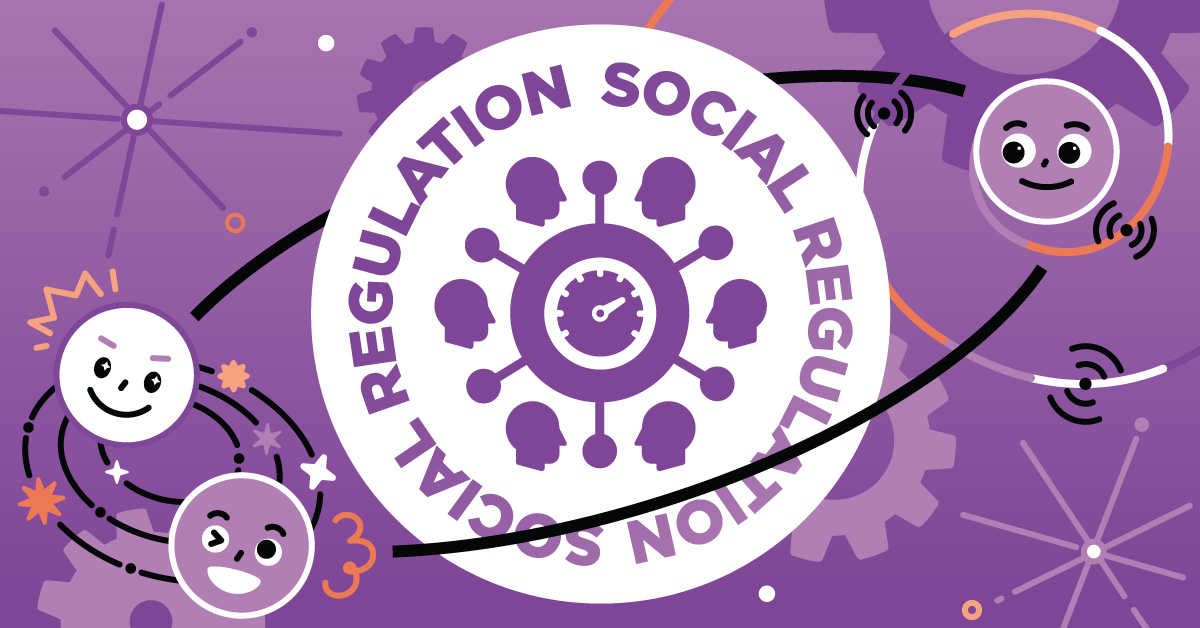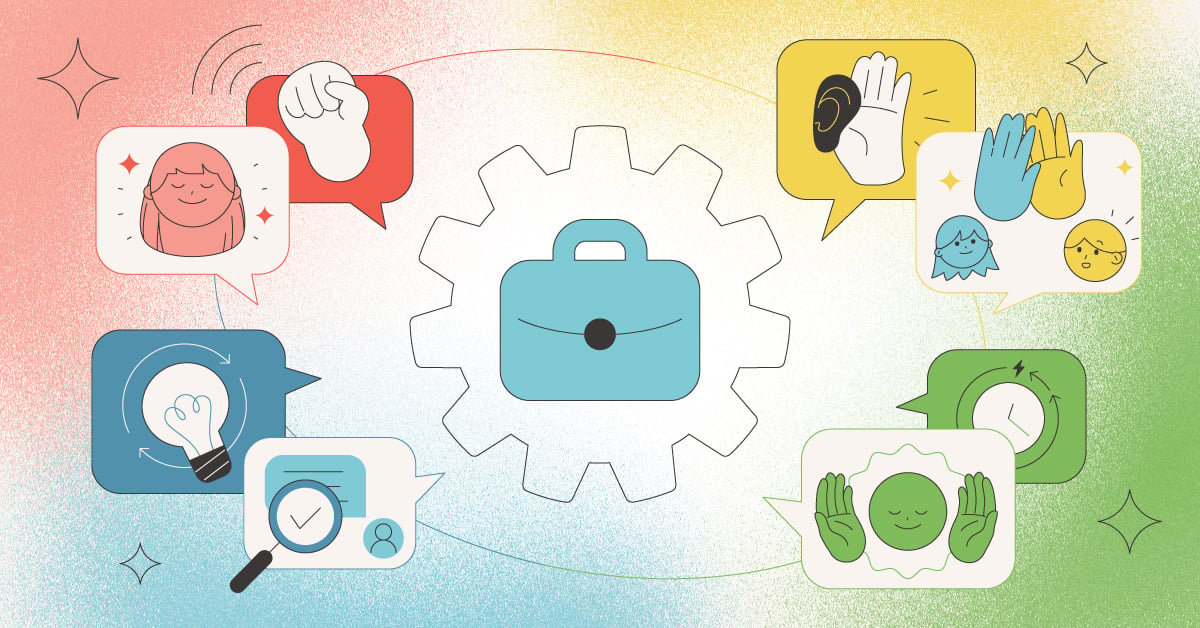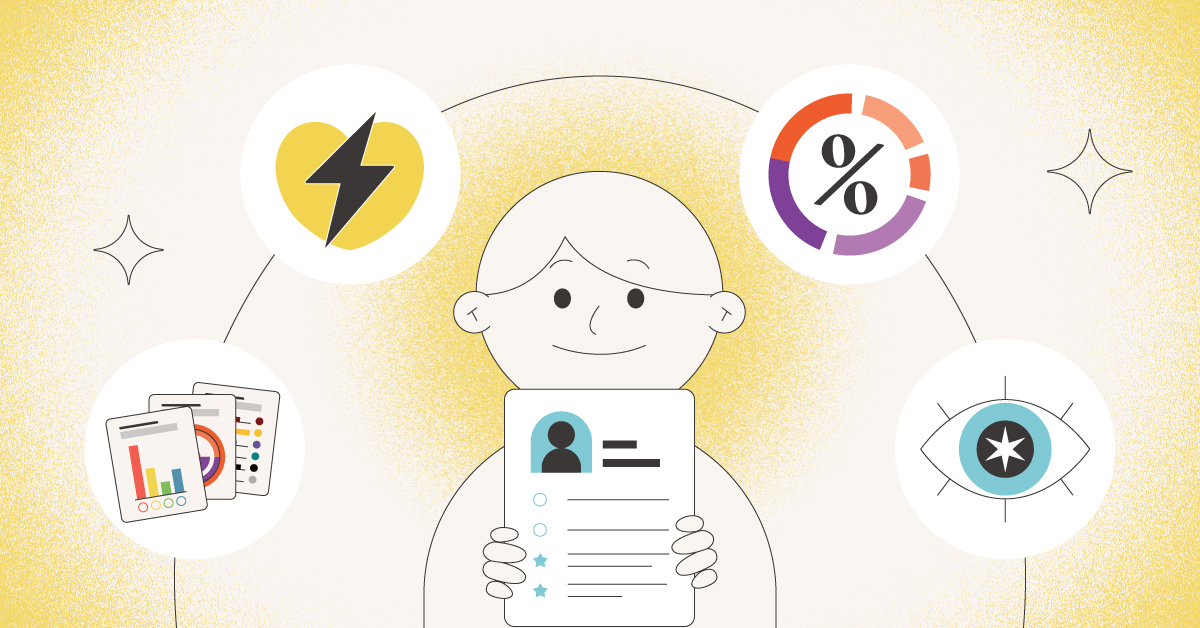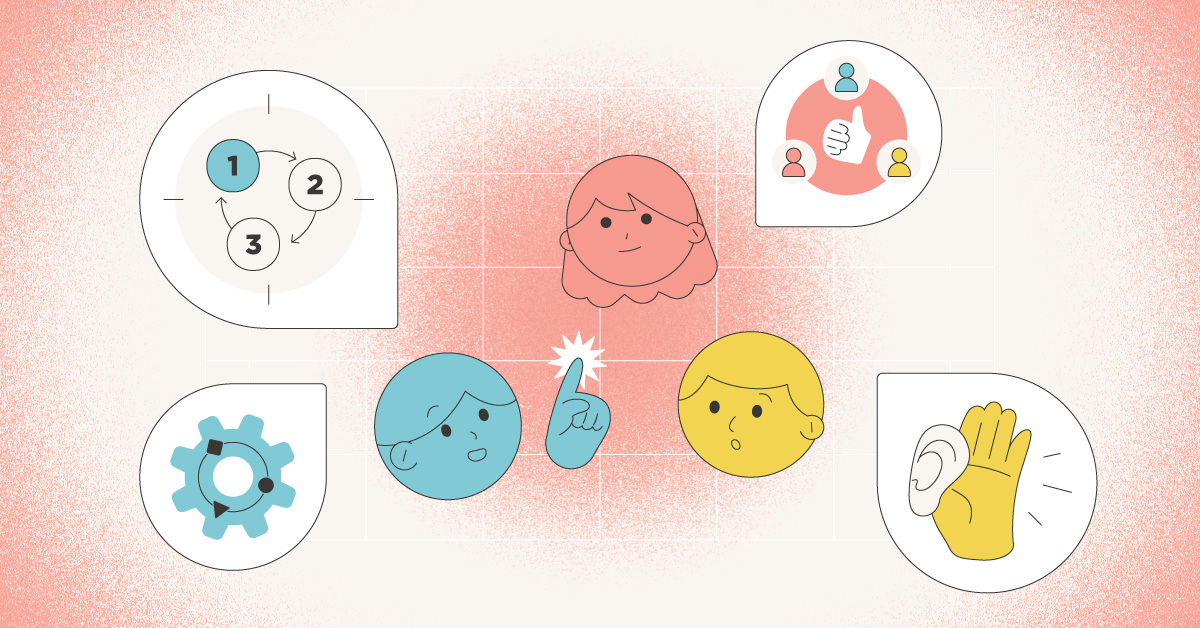
Emotional intelligence is a complex subject that takes time to fully understand. TTI SI’s EQ assessment breaks down EQ into 5 factors. Let’s explore the fourth dimension in depth!
What is EQ?
Emotional intelligence is the ability to sense, understand and effectively apply the power of acumen of emotions to facilitate higher levels of collaboration and productivity.
What Are the 5 Dimensions of EQ?
The 5 dimensions of EQ are self-awareness, self-regulation, social awareness, social regulation, and motivation. Every one of these factors is crucial for overall understanding.
It’s time to tackle social regulation!
What is Social Regulation?

Social regulation is the ability to influence the emotional clarity of others through proficiency in managing relationships and building networks.
Social regulation is implicitly tied to social awareness— social awareness is about ‘reading the room’ and social regulation is about reacting and responding to others in an effective way. Good social regulation is all about making connections and contributing positively to the environment.
Why Is Social Regulation Important in the Workplace?
Having developed social regulation is key to essential workplace skills like collaboration and communication. By being able to understand and manage the emotions of others, you’ll be able to pursue your workplace goals and advance your position, all while making genuine connections.
It’s important to note that those who are highly skilled at social regulation can develop the ability to manipulate others. Developing social regulation in a way that is a win/win for everyone is crucial; you can do this by emphasizing mutual goals, considering others with empathy and using your knowledge for a positive influence instead of a self-serving need.
What Does Low Social Regulation Look Like?
Low social regulation is easy to call out but it might not be as easy to understand. Here are three examples of low social regulation.
Talking Down to Others
People with poor social regulation can get caught up in being right and often will prioritize that over establishing effective communication. This can result in talking down to the people around them or taking a ‘preaching’ approach to sharing their ideas and information.
When you reach this point with your peers, it doesn’t matter how right you are; you’re going to lose credibility and support with your delivery. Inc.com shared survey results that showed “a condescending attitude” from their boss was in the top five reasons why people quit their jobs.
Becoming the Non-Designated Spokesperson
Another mistake that comes from low social regulation is assuming your point of view is everyone else’s. This can commonly happen to people in leadership positions; if you are used to making decisions and having others follow through for you, it can be tempting to just assume your perspective is correct.
When you do this, two things happen; you show others that you consider yourself more important than them, and you lose nuanced perspective. If you’re always assuming your point of view is the most valuable one, you’ll miss out on alternative, successful solutions. You’ll also lose respect and trust from your teammates.
Poor Speaking Skills

This result of low social regulation isn’t as serious as the others, but it will hamper your success in the workplace. If you’re not skilled in reading the room to understand the people around you, you’re likely going to talk over people, seize the wrong moment to share your ideas, or ramble in conversation.
People are going to take you less seriously as a result! You don’t have to be a dazzling public speaker to be respected in your workplace, but if you are a bad speaker due to low social regulation, people are going to notice that you refuse to listen to them.
What’s Your Next Step with EQ?
Understanding and implementing EQ can get confusing. Social awareness is something you can improve and adapt but you need the right tools to do that. If you want to level up your understanding of EQ, TTI SI can help!
If you want to take an EQ assessment, contact us here.
If you want to join the TTI SI network and become a reseller, learn more here.




